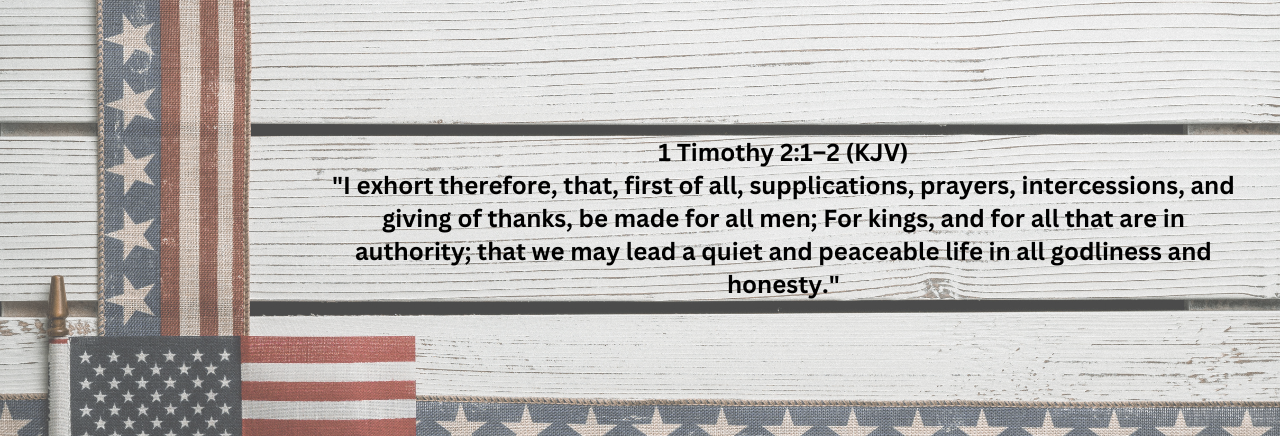
There’s a book in the Bible that doesn’t get talked about much. It’s the Book of Lamentations. Five chapters long, sitting quietly between Jeremiah and Ezekiel, and it’s just about soaked in sorrow.
But it’s a necessary sorrow.
Lamentations was written by the prophet Jeremiah after Jerusalem had fallen—its walls broken, its people taken, its temple burned. He’d warned them it would happen. They didn’t listen. And then it did. And what came next wasn’t a sermon—it was a lament. A cry. Honest grief, laid bare.
The King James puts it plain. Chapter 1 starts with:
“How doth the city sit solitary, that was full of people!”
It’s like looking at an old photograph of a place that used to be full of life, and now it’s silent. That kind of loss doesn’t come with answers. Just questions and tears.
And yet, the Book of Lamentations isn’t godless. It hurts, but it doesn’t despair. The writer knows why judgment came. He doesn’t argue with it. And in the middle of all that grief, in chapter 3, there’s this quiet, persistent hope:
“It is of the Lord’s mercies that we are not consumed, because his compassions fail not.
They are new every morning: great is thy faithfulness.” (Lamentations 3:22–23)
That’s not denial. That’s someone who’s seen the worst happen and still chooses to say, “God is faithful.” Not because life looks good—but because He is still good.
Lamentations teaches us how to grieve without letting go of faith. It doesn’t rush the pain. It doesn’t skip to the resurrection. It sits with the loss. And maybe we need that. Because real faith doesn’t mean avoiding sorrow. It means trusting God through it.
So when life falls apart—and sometimes it does—Lamentations is the place to sit. Not to fix things, not to pretend, but to feel. To mourn. To remember. And to whisper the truth: “The Lord is my portion, saith my soul; therefore will I hope in him.” (Lamentations 3:24)




Leave a Reply